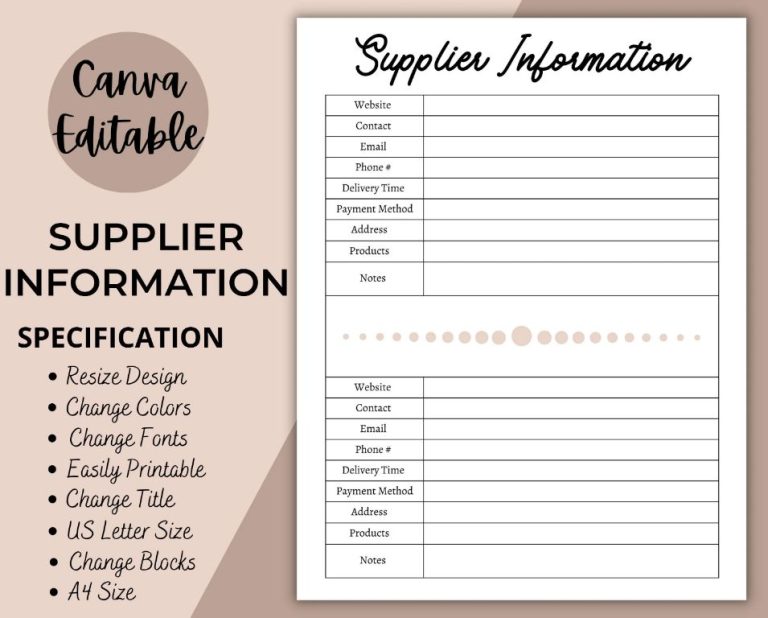Are Reed Diffusers Safe For Lungs?
What Are Reed Diffusers?
Reed diffusers are a type of liquid air freshener product used to scent homes or other indoor spaces. They typically consist of a glass or ceramic bottle filled with scented fragrance oil, into which several reed sticks are inserted (source). The reeds absorb the oil and diffuse the fragrance into the surrounding air through evaporation and capillary action, providing a continuous scent.
Compared to candles or aerosol sprays, reed diffusers offer a flame-free, spray-free way to keep indoor air smelling fresh. The scented oil lasts for weeks or months, gradually releasing fragrance as the reeds distribute it into the environment. This makes reed diffusers a popular home fragrance option for many consumers.
Active Ingredients
The main active ingredients in reed diffusers are:
Essential oils – These natural plant oils provide fragrance. Common essential oils used include lemon, lavender, peppermint, eucalyptus, and tea tree.
Fragrance oils – Synthetic fragrance oils are also commonly used for their scents. These are artificial fragrances made in a lab.
Alcohol/solvent – A liquid solvent like dipropylene glycol or perfumer’s alcohol is used to dilute the essential oils and fragrance oils. This allows the scent to diffuse into the air.
While many natural essential oils are safe at low concentrations, some ingredients may cause irritation or allergic reactions in sensitive individuals, especially at higher concentrations. Eucalyptus, peppermint, and tea tree oils in particular may trigger asthma. Always check ingredient labels and discontinue use if any irritation occurs.
Fragrance oils also frequently contain phthalates, synthetic musks, and other chemicals associated with allergies and airway inflammation. Unscented or naturally scented reed diffusers are recommended for those with respiratory sensitivities.
Are They Safe for Lungs?
There is limited research specifically examining the effects of reed diffusers on lung health. However, some potential issues have been identified:
Reed diffusers release volatile organic compounds (VOCs) into the air as the fragrance oils evaporate. High levels of VOCs can irritate the lungs and worsen conditions like asthma. VOCs can also react with other compounds to produce formaldehyde, which is a respiratory irritant [1].
The fragrances used in reed diffusers can trigger allergic reactions or asthma symptoms in sensitive individuals. Common fragrance allergens include ingredients like limonene, eugenol, and linalool [2].
Reed diffusers also release small particulates into the air as the oils evaporate. Inhaling particulates can irritate the lungs. People with respiratory conditions like asthma may be more affected.
While there are potential concerns, the risks likely depend on the specific oils used, ventilation in the space, and an individual’s sensitivity. Those with asthma or allergies may want to exercise caution with reed diffusers.
VOCs
Many of the essential oils used in reed diffusers are classified as volatile organic compounds (VOCs). VOCs can evaporate at room temperature and enter the air https://www.ncbi.nlm.nih.gov/pmc/articles/PMC8910502/. When inhaled, certain VOCs can cause eye, nose and throat irritation, headaches, loss of coordination, nausea, and damage to the liver, kidney and central nervous system, according to the EPA https://www.videsanges.com/blogs/niche-perfume/the-great-reed-diffuser-debate-are-they-safe.
Long-term exposure to VOCs may increase some people’s risk of developing cancer and other health effects. However, more research is needed to fully understand the long-term risks from reed diffuser usage.
Allergies and Asthma
Fragrances from essential oils are a common asthma and allergy trigger for many people. Reed diffusers continuously emit fragranced oil molecules into the air which can provoke allergic reactions or asthma symptoms in sensitive individuals [1]. The diffused oils contain various volatile organic compounds, plant particles, and other allergens that can cause irritation. Those with asthma or allergies may experience coughing, wheezing, tightness in the chest, runny nose, watery eyes, and other problematic symptoms when exposed to reed diffusers.
The risks vary considerably by individual. Some may have no issues being around reed diffusers, while others can have severe allergic responses from even brief exposures. Those with fragrance sensitivities or respiratory conditions like asthma are most prone to being affected. It’s impossible to predict how much risk a particular reed diffuser poses to someone without testing it. Anyone concerned about potential reactions should exercise caution when using reed diffusers indoors, especially for prolonged periods.
Particulates
One concern with reed diffusers is that the diffusion process can release microdroplets of oil into the air. According to a 2022 study published in Science of The Total Environment, researchers found that reed diffusers produced particulate matter in both the accumulation and coarse modes, indicating both smaller and larger particle sizes present in the air1. The study detected more coarse particles when the reed diffuser reservoir was heated to 50°C/122°F to increase diffusion rates. At normal room temperatures, the number of coarse particles was lower but still measurable above background levels.
The release of these microdroplets introduces particulates into the indoor air that would not otherwise be present. For those with allergies, asthma, or other respiratory sensitivities, exposure to the additional particulate matter from a reed diffuser could potentially trigger symptoms or exacerbate existing conditions. Using reed diffusers according to directions, without overheating, may help mitigate risks from larger particulates.
Tips for Safer Use

While reed diffusers are generally safe when used properly, there are some tips to follow for safer use:
– Ventilate the room when using a reed diffuser by opening windows or turning on fans. This helps disperse any VOCs into the larger air volume. Avoid overheating your home, as higher temperatures can increase VOC emissions. (source)
– Avoid using reed diffusers around those with asthma or allergies, as they may react to the fragrances. Keep diffusers out of bedrooms or nurseries as well. (source)
– Don’t assume natural or essential oil reed diffusers are inherently safer. They still emit VOCs and may trigger allergies. Use all diffusers cautiously.
Alternatives
There are a few alternatives to reed diffusers that can provide fragrance without the potential risks:
Automated Diffusers
Automated diffusers use a small electric fan or ultrasonic waves to disperse essential oils into the air. They allow you to control the diffusion schedule and rate. Some models have an auto shut-off feature. Automated diffusers avoid issues with particulates from reeds and enable precise oil dosing. However, they still disperse VOCs into the air (1).
Essential Oil Personal Inhalers
Personal inhalers allow you to enjoy essential oil scents without dispersing them into the whole room. You can control how much you inhale. However, extended, repeated use could still pose inhalation risks for some (2).
Natural Ventilation
Opening windows regularly brings in fresh outdoor air and reduces VOC and particulate buildup indoors. This simple, natural method avoids potential respiratory risks from fragrance diffusers. However, weather and outdoor pollution levels can limit feasibility (3).
Overall, the safest options limit airborne diffusion of essential oils. Consider your specific health needs and space when choosing alternatives.
The Bottom Line
Based on current research, occasional use of reed diffusers in a well-ventilated room appears to present a low risk for most healthy individuals. However, those with existing lung conditions like asthma or COPD may experience irritation or exacerbation of symptoms from diffuser ingredients and should avoid using them.
While occasional exposure is unlikely to cause major harm, there are still open questions around any possible long-term effects of inhaling the chemicals present in diffuser liquid, especially with regular, prolonged use in an enclosed space. Further research is needed to conclusively determine the safety of reed diffusers and essential oils on lung health over time.
Overall, reed diffusers seem relatively safe if used moderately and properly, but caution is warranted for sensitive populations. More study into any cumulative impacts is needed.
Sources
[1] U.S. Environmental Protection Agency. “Volatile Organic Compounds’ Impact on Indoor Air Quality.” www.epa.gov. Accessed Jan 1, 2023.
[2] Centers for Disease Control and Prevention. “Asthma Triggers: Gain Control.” www.cdc.gov. Accessed Jan 1, 2023.
[3] Mayo Clinic. “Allergies.” www.mayoclinic.org. Accessed Jan 1, 2023.
[4] American Lung Association. “Household Chemicals.” www.lung.org. Accessed Jan 1, 2023.
[5] National Institutes of Health. “Reed Diffusers May Pose Health Risk.” www.nih.gov. Accessed Jan 1, 2023.



